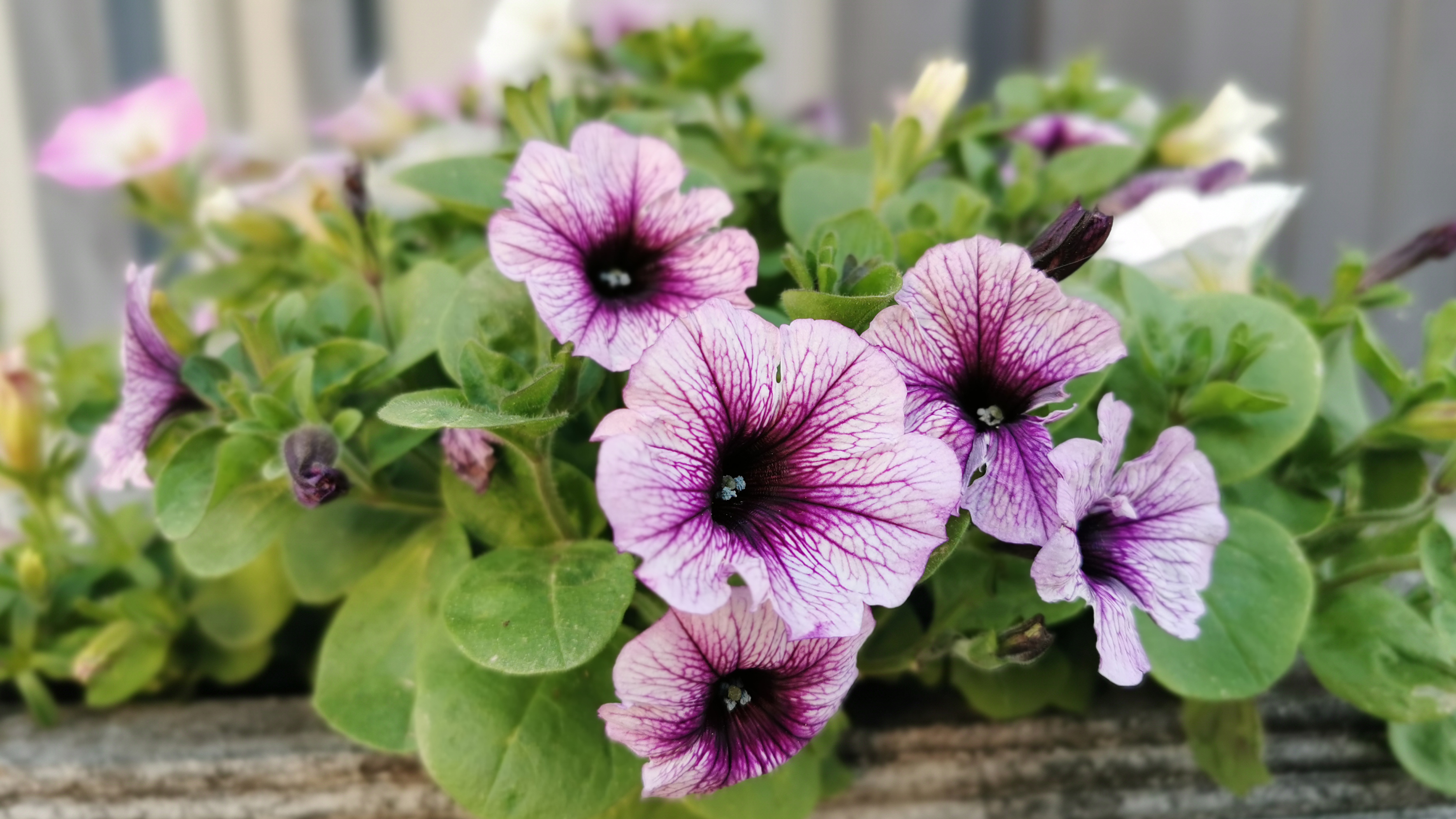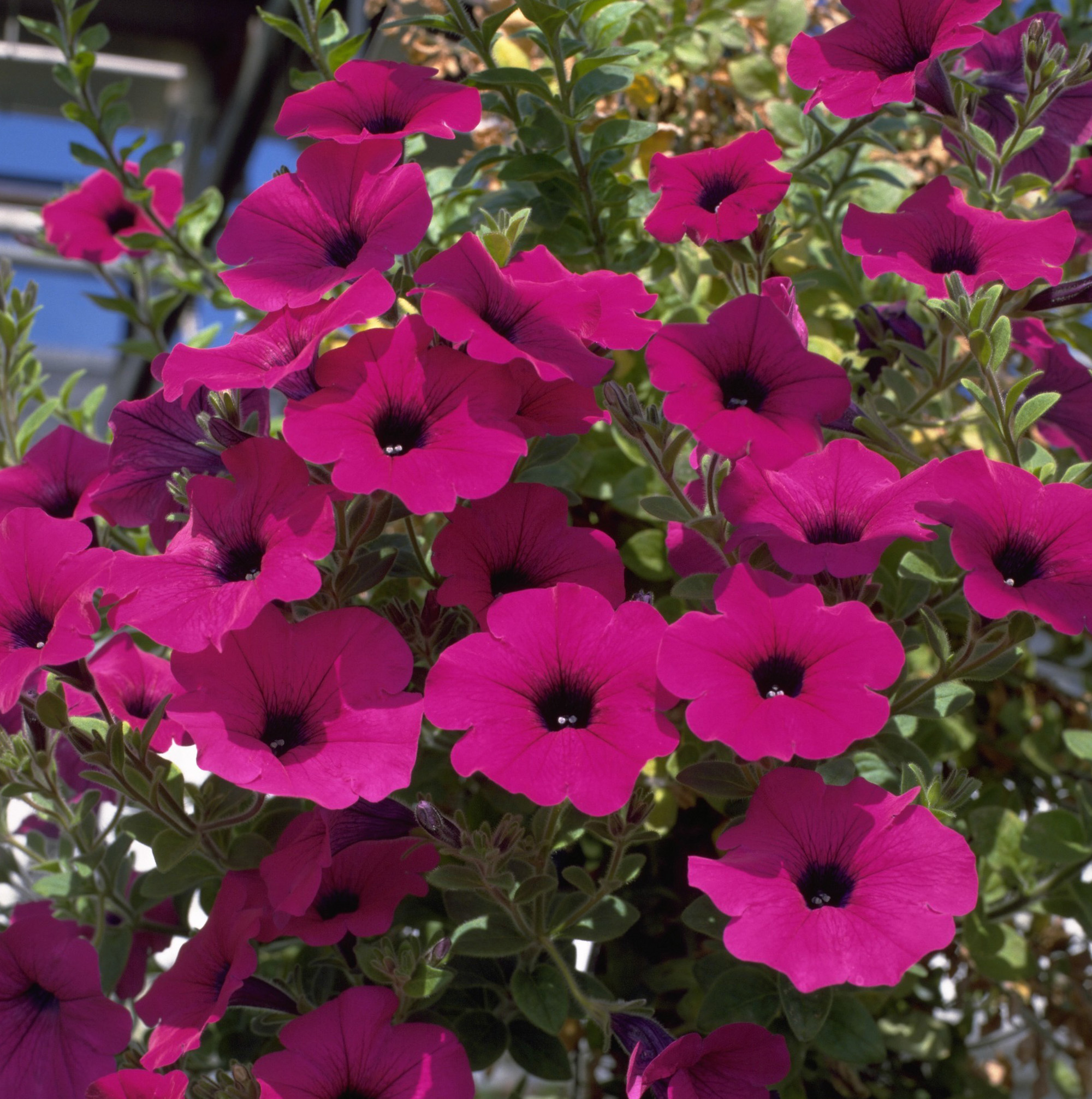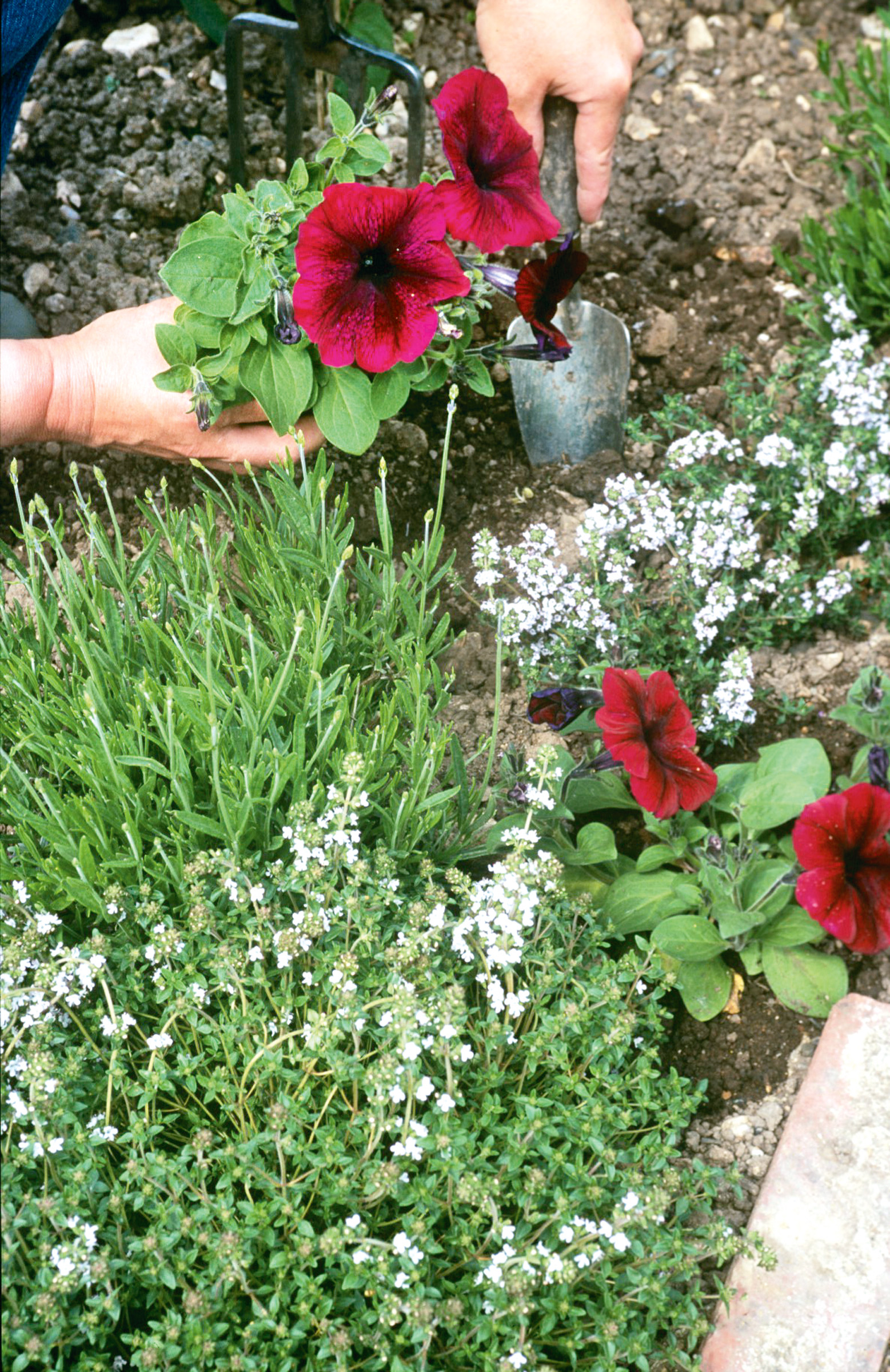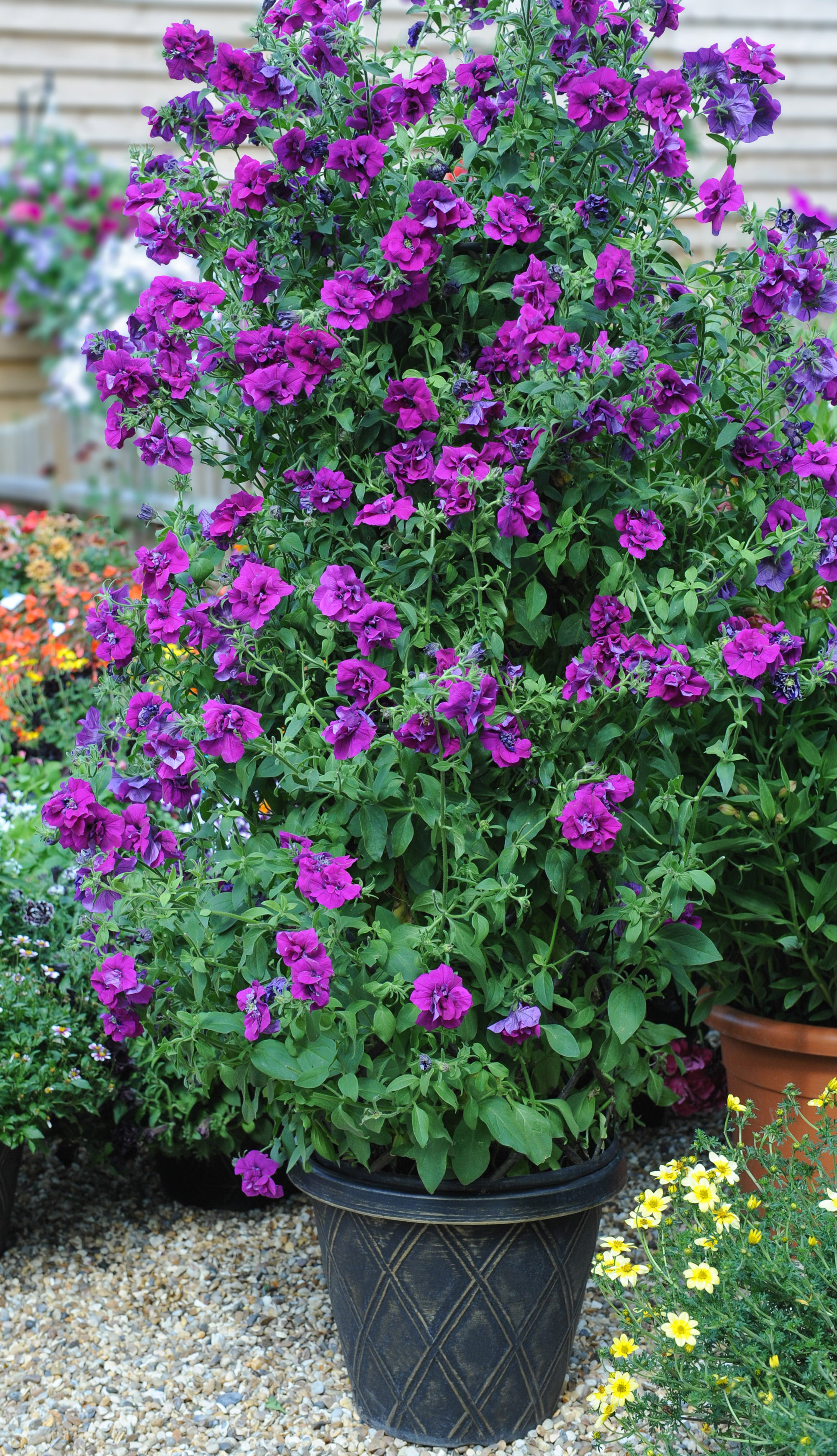Top 3 reasons your petunias are wilting – bring your blooms back to life
Want to know why your petunia plants are wilting? These are the most likely causes – and fixes

'Why are my petunias wilting?' is a question many a gardener has asked themselves. You thought you knew how to grow petunias, they seemed to be doing well, then – the plants suddenly look like they're dying.
Although petunias are generally easy to grow, it is quite common to see them wilting. Don't panic, however – in most cases, your petunias can be brought to life quickly and easily. But first, it's important to identify the reason why they're wilting.
1. Under or overwatering

There are no surprises here: watering plants is essential to keeping them alive, because water maintains the correct pressure level within plant cells. Under water your petunias and they will begin to droop. As Monty Don explains in a Mail Online article, petunias are from the class of 'short day' plants, 'which tend to come from closer to the equator': 'It is heat and moisture that are more important stimuli for them' than sunlight.
So, your petunias may be in a sunny or semi-shaded spot, but if they're not getting that combination of water and warmth, they'll wilt. If they are in a very sunny spot, double your watering efforts. During the hottest weeks of summer, you may need to water them twice a day to keep them from wilting.
On the other hand, if you are watering constantly and your petunias are still wilting, you are probably overwatering. Petunias like well draining soil and will wilt and most likely die if they become soggy and waterlogged. Always make sure that your containers or window boxes have drainage holes. Petunias are some of the best plants for hanging baskets, precisely because they like a generous watering with immediate drainage.
2. Pests

Pests are less common in petunias than in other flowers, but they can occasionally suffer from aphids or scale insects. A few insects shouldn't affect your petunias, but a substantial infestation will dehydrate the stems and make them wilt.
Aphids can be treated with a solution of water and unscented castille soap. Also, the previous point ties into this one: plants that are under-watered tend to be weaker and more prone to pests.
3. You've planted them next to tomatoes

Petunias should be planted away from tomatoes that can encourage fungal root disease. If your petunias are growing next to tomatoes (or eggplant, which has a similar effect) and you are seeing wilt, especially in combination with yellowing leaves and stems, this is the most likely cause.
Sadly, once affected, petunias won't recover from fungal disease, so it's best to dig them up and start over, preferably in a different part of the garden. Or see our container gardening ideas to incorporate your petunias into a collection of pots.
Anna writes about interior design and gardening. Her work has appeared in Homes & Gardens, Livingetc, and many other publications. She is an experienced outdoor and indoor gardener and has a passion for growing roses and Japanese maples in her outside space.
